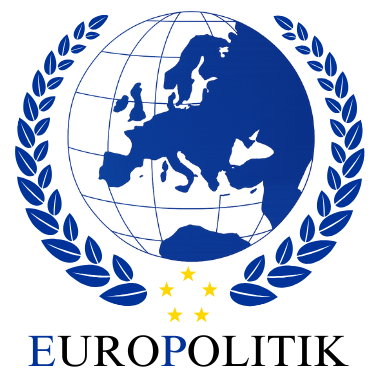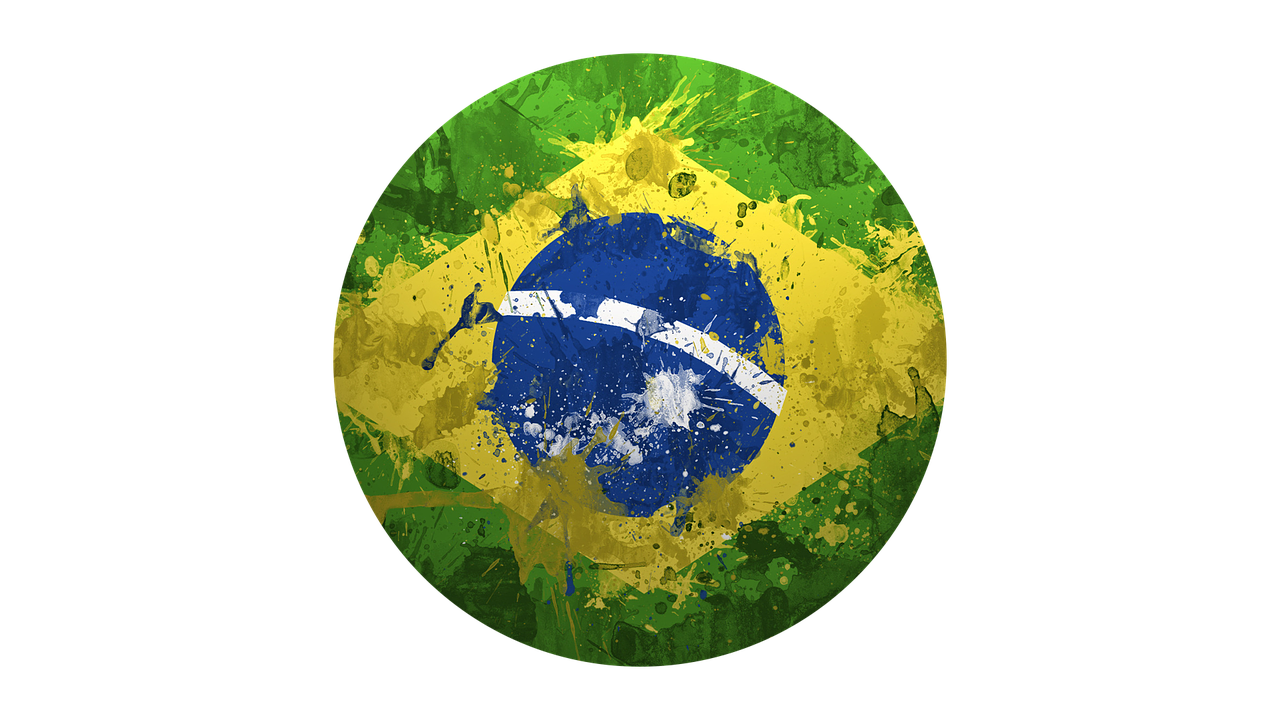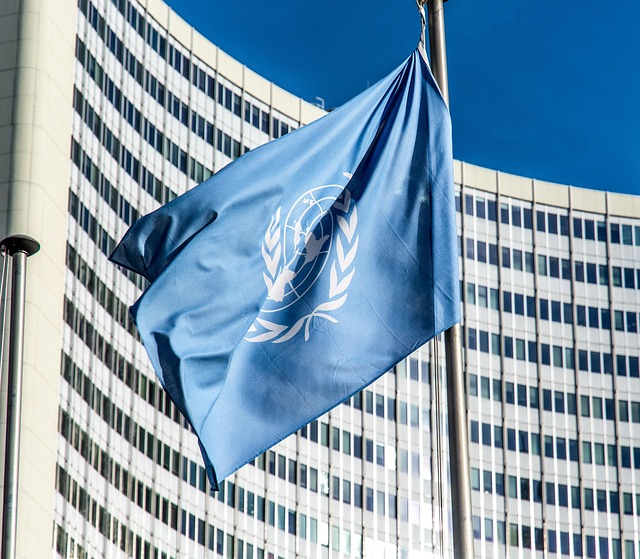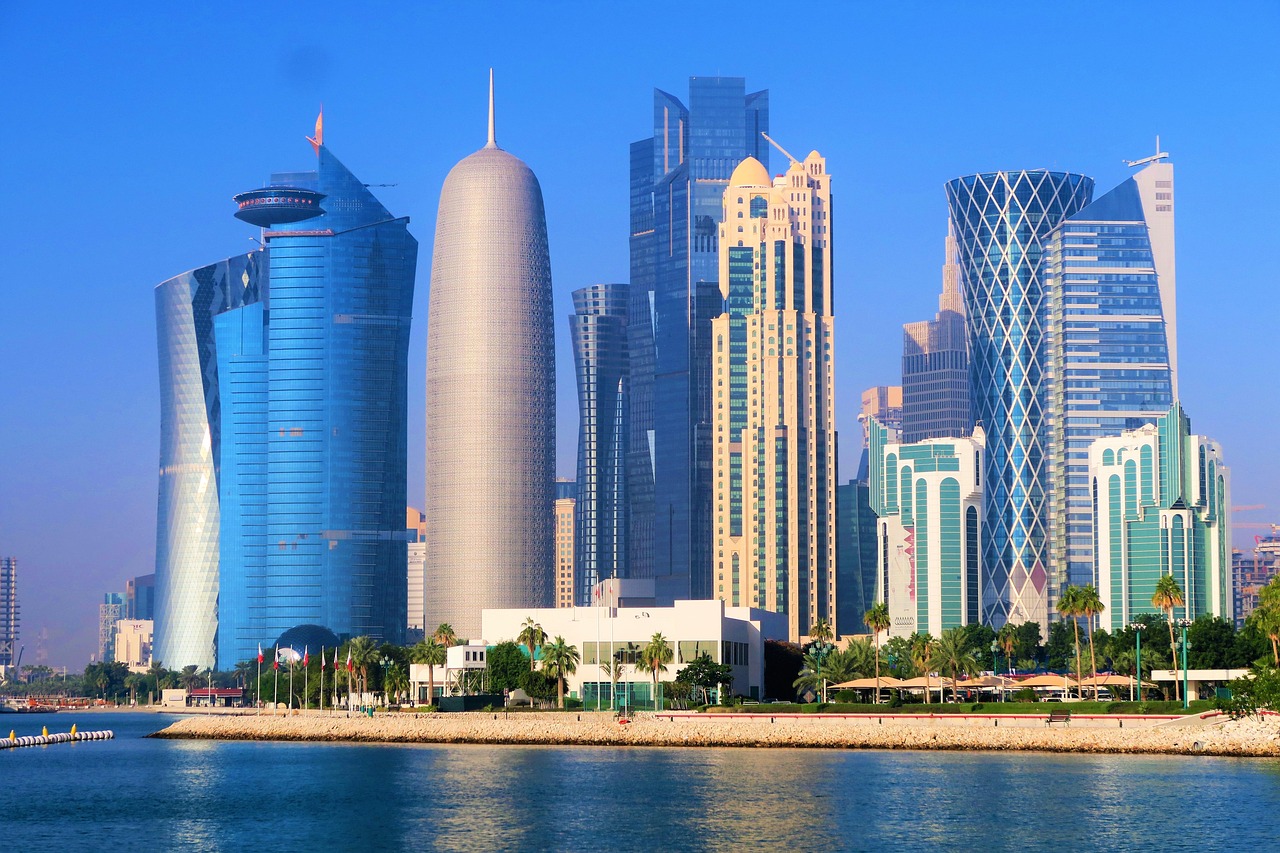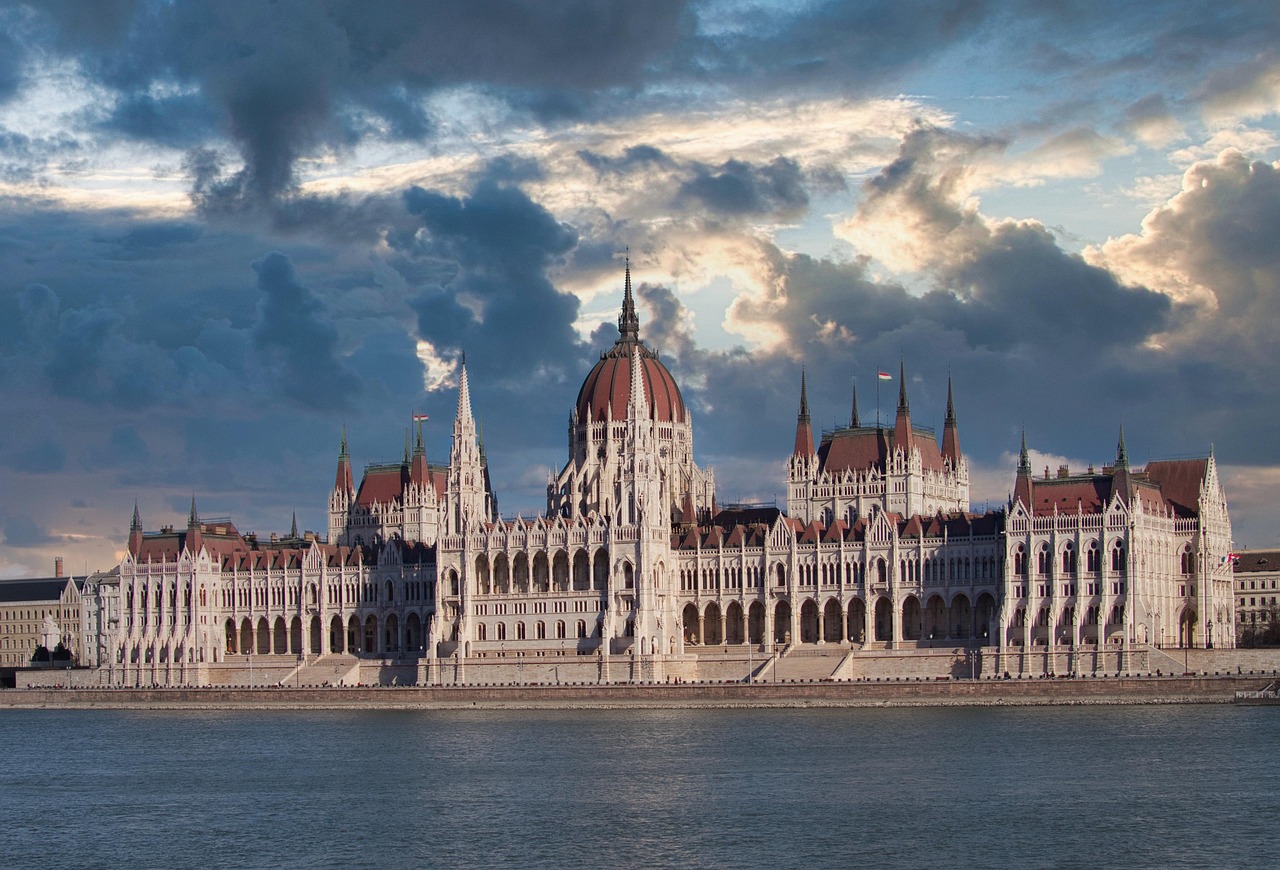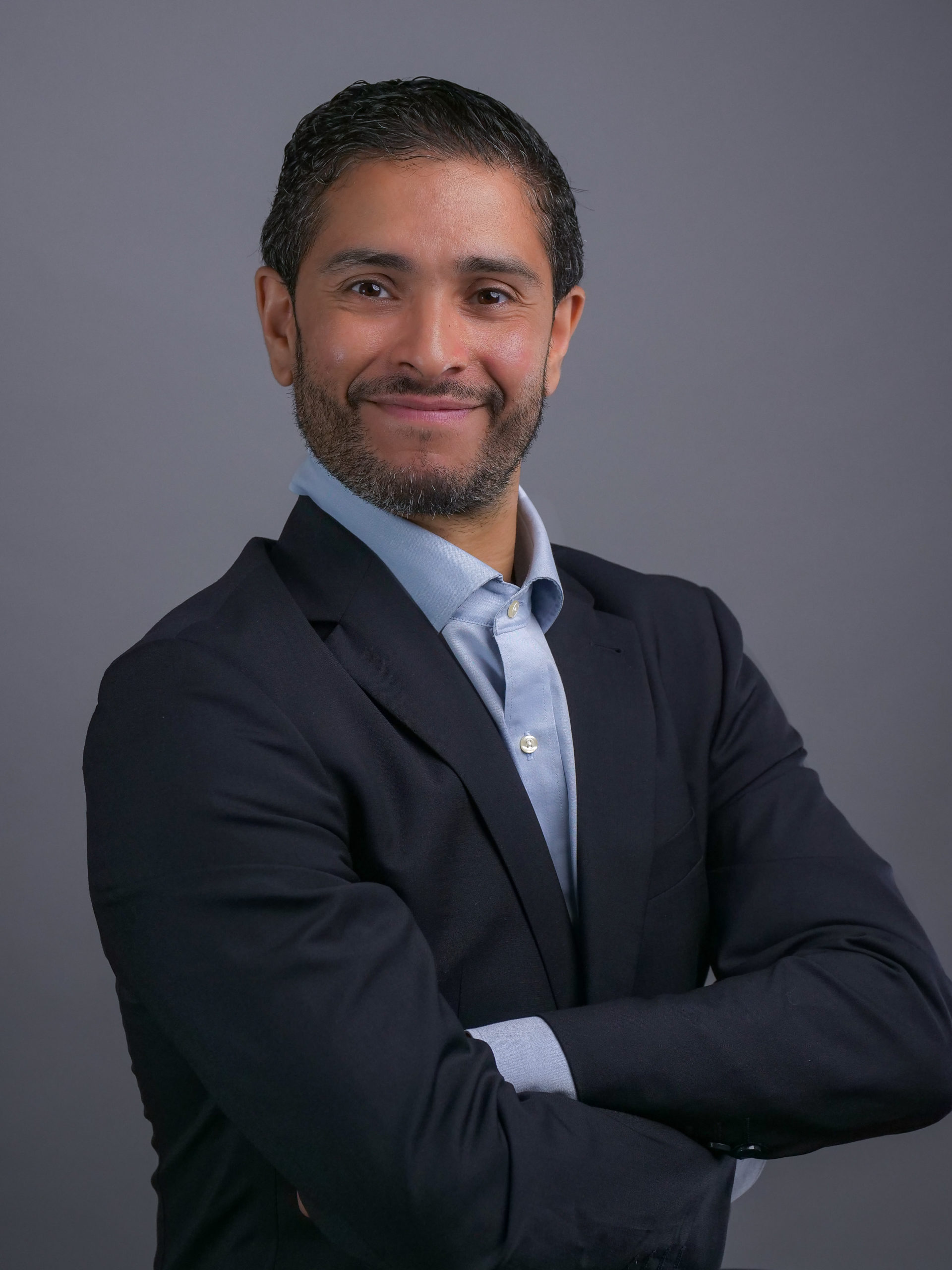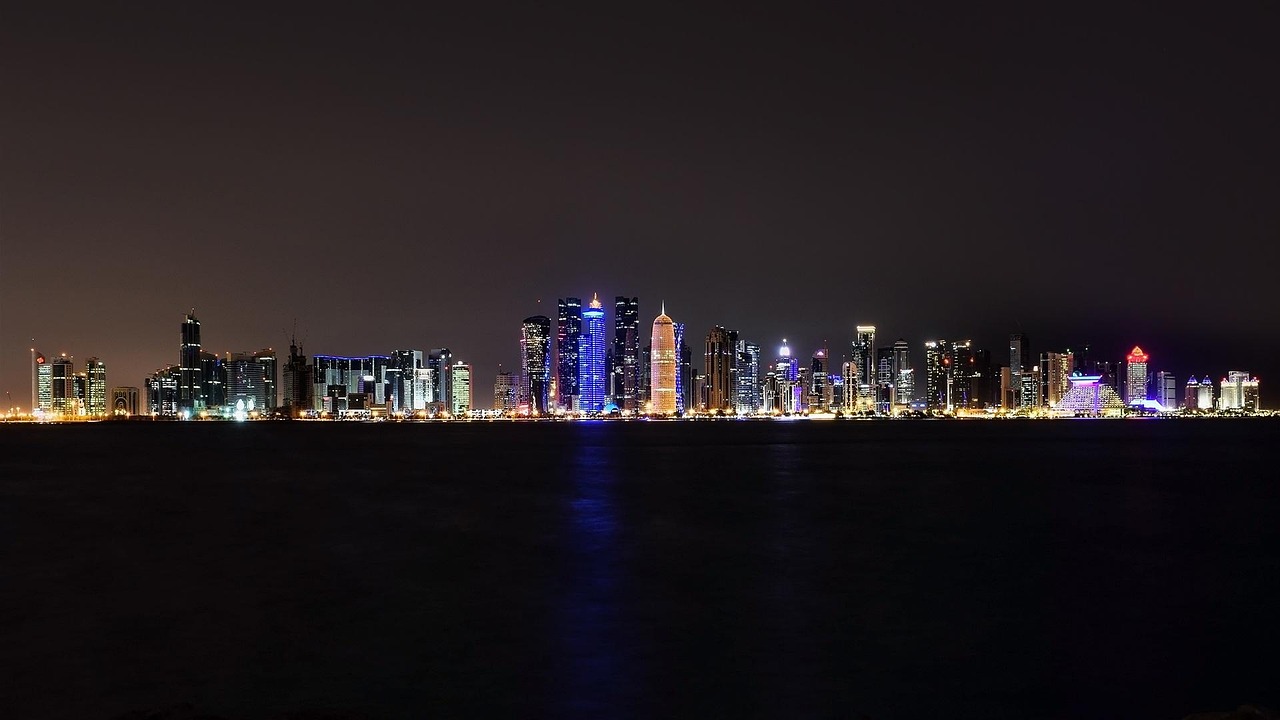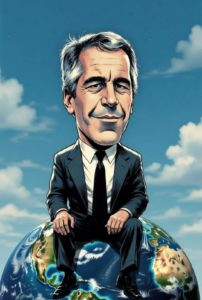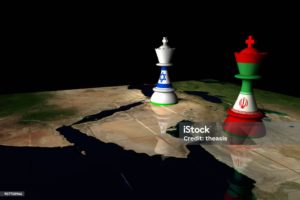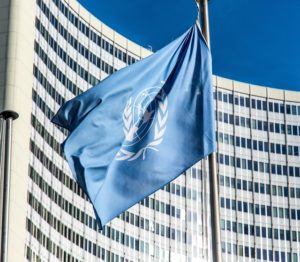This Thursday, Brazilian President Luiz Inácio Lula da Silva made a state visit to Paris, receiving a warm welcome from Emmanuel Macron. The meeting was highly symbolic in more than one way: it embodied the growing tensions between the ambitions of the Global South and the Western worldview, at a time when the war in Ukraine, the climate transition, and the reconfiguration of multilateralism are taking center stage. While the two heads of state displayed cordial understanding, their disagreements were evident.
A Key Partner of the Global South
Lula came to France as President of Brazil, but also as an emblematic figure of a Global South seeking to assert itself on the international stage. Since returning to power in 2023, he has multiplied diplomatic initiatives to reposition his country as a mediator between North and South, and between rival blocs. As current president of the BRICS group, he advocates a multipolar vision of the world, in which the West is no longer the sole center of decision-making. This stance is reflected in particular in his declared neutrality regarding the war in Ukraine. Brazil does not apply any Western sanctions against Moscow, preferring to advocate for an inclusive diplomatic solution. A position that Macron, without naming it, openly criticized during their joint press conference: “We cannot treat the belligerents equally. There is an aggressor, and there is an aggressed party.” The French president is echoing a broader frustration in Europe: seeing strategic partners, such as Brazil and India, maintain close ties with Russia without abandoning their cooperation with the West.
A balanced diplomacy, between idealism and realism
For Lula, Brazil’s position is consistent: “We don’t want to choose between powers. We want to build a world in which dialogue prevails over confrontation, a world of equal partners.” Behind this statement lies a skillful diplomacy, capitalizing on divisions in the international order to defend the specific interests of the South. The Brazilian president notably took advantage of his trip to relaunch the sensitive issue of the free trade agreement between the European Union and Mercosur. He urged Macron to overcome French obstacles, linked to environmental concerns, and seize “a historic opportunity” in the face of rising global protectionism. While Paris remains cautious, discussions have resumed, demonstrating that Brazil retains significant weight in the European equation.
The climate issue as common ground
One of the few solid points of convergence between the two presidents remains the fight against climate change. Five months before COP30, which Brazil will host in Belém in November, Macron and Lula expressed a shared desire to accelerate commitments. The Brazilian president highlighted his country’s efforts to curb deforestation in the Amazon and develop a green energy transition, which were welcomed in Paris despite recurring criticism from environmentalists. A joint statement was issued following the meeting, calling for increased international climate financing and better coordination between industrialized and emerging countries. This was an attempt to revive North-South dialogue in a context where trust remains fragile.
A visit revealing a fractured world
Beyond diplomatic statements, Lula’s visit to Paris underscores the depth of the fractures that run through the international system. Brazil appears to be an actor in transition: an ally but critical of the West, a partner but not aligned, a mediator but strategically independent. For Macron, the challenge is to maintain a strong bond with these intermediate powers, without compromising on principles. The dialogue between France and Brazil, although frank, reflects a world in recomposition, where old alliances are no longer sufficient and where each country is redefining its place in a post-Western order.
